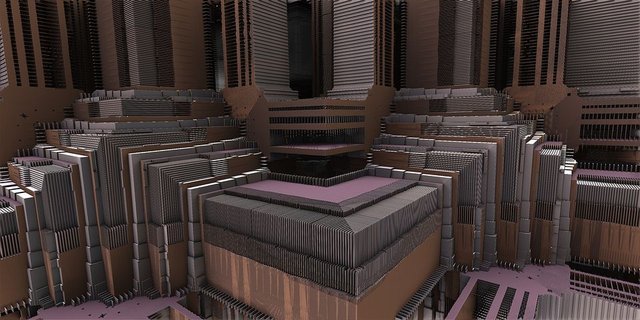Correcting the future of quantum computers
By drawing on both digital and analogue information, scientists have developed a method for improving the performance of quantum computers

Japanese scientists have used an innovative statistical approach for correcting errors that are generated when quantum information is stored, which could take us another step closer to a functioning quantum computer, according to a study published in Physical Review Letters.
Quantum error correction (QEC), in which quantum information is protected from errors that arise from changes in the state of the information, or through the suppression of conventional sources of noise like vibrations or fluctuations in electrical supply, is essential for the operation of a quantum computer.
A team of scientists from Hokkaido University in Japan has developed an approach that uses the maximum-likelihood method, a statistical technique that estimates variables from observations, which utilizes digital and analogue information for more efficient QEC.
The work represents the first attempt to use both digital and analog information to improve QEC performance, laying the foundations for advances in quantum computing.
This article was first published by Springer Nature. Read the original article at https://www.natureindex.com/article/10.1103/physrevlett.119.180507.
To read more of my writings check out my website https://gluons2galaxies.com